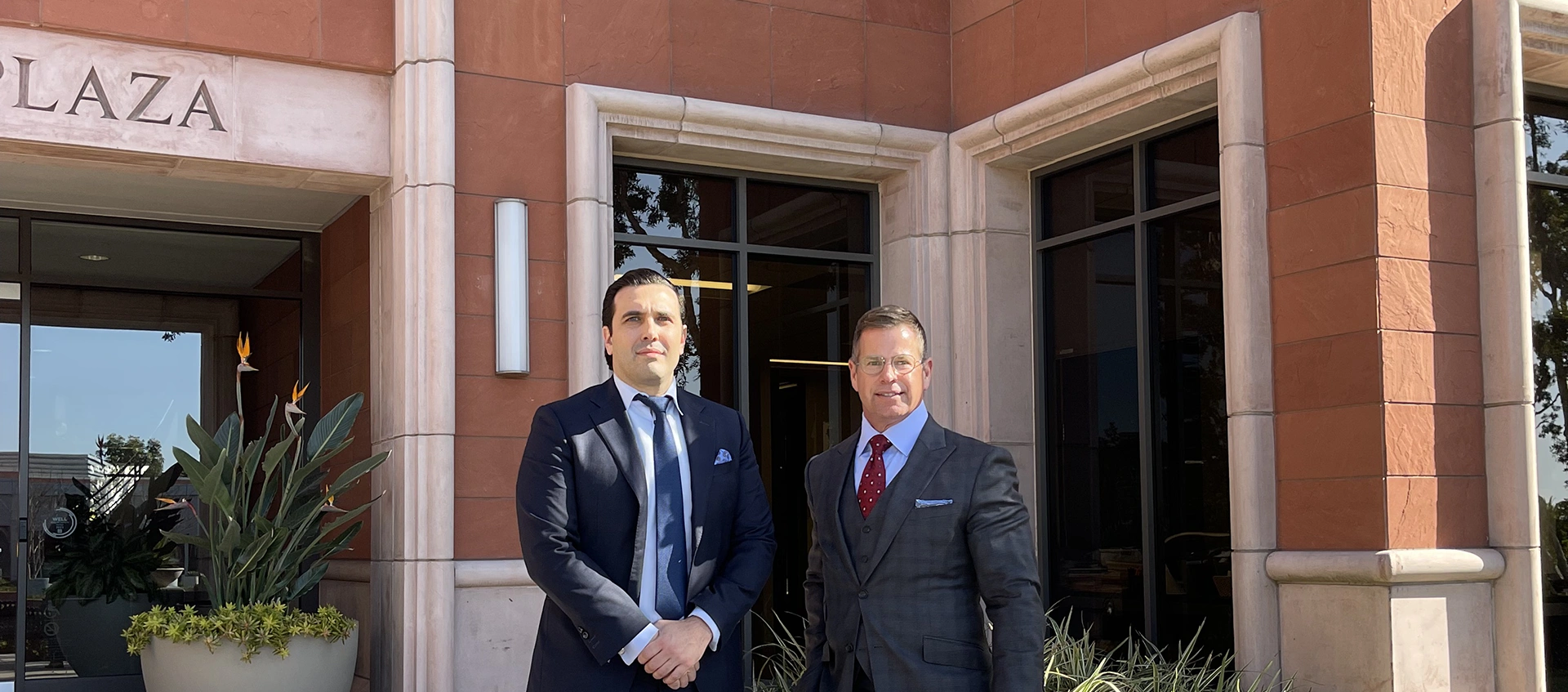California has a reputation for having strict gun laws. It tends to clamp down on gun ownership, making restrictions tighter while testing the limits of its citizens’ second-amendment rights. It doesn’t take long to do a quick Google search and find recent stories about gun arrests in Southern California.
Our firm always wants to help keep people educated on their legal rights, expectations, and obligations. With that in mind, here is a broad overview of gun laws in California, along with charges you could face.
What Constitutes Illegal Gun Possession in California?
Our state is rigid about who may own a gun. You cannot own a gun in California without a permit, registration, and so on. Illegal ownership of any kind, regardless of whether you are found with a gun directly in your possession, can result in criminal penalties.
Furthermore, you cannot carry a firearm anywhere you please. To carry a concealed gun, you must have a permit. Getting this permit requires psychological evaluation, competency testing, and more.
Concealed carry laws also fluctuate, even within the state. Standards can change from county to county. Therefore, you could be passing through a county and accidentally find yourself in violation of the law, even when you are careful about meeting your legal obligations.
Different guns also have different levels of regulation. It is more difficult to legally own a designated “assault weapon.” California has made “assault weapons” illegal to purchase or own. However, California has changed the legal definition of an “assault weapon” several times over the last couple decades. Guns in this category include center fire rifles with detachable magazines or other designated features. An “assault weapon” may also be illegal depending on when it was purchased.
Penalties for Illegal Possession of a Firearm in Los Angeles, California
Like many crimes in Los Angeles, California, penalties are highly subject to the details of the crime in question. Many crimes in the state are “wobblers,” meaning that the court can sentence them as either misdemeanors or felonies. California tries to treat each crime on a case-by-case basis rather than hand out blanket sentences.
Simple gun possession charges are a misdemeanor in the state. These crimes normally result in up to 1 year in jail and fines of up to $1,000.
On the other end of the spectrum, felony gun charges can be quite severe. A guilty verdict could result in as much as 20 years in prison. Allegations can be elevated to felonies depending on the type of gun, how it was used, how many unregistered weapons someone has, etc.
“Ghost Gun” Laws in California
Those who are actively involved in the gun community are aware of the rising trend in “ghost guns.” Simply put, these are guns that someone assembles from several different parts. The user buys unregistered or unnumbered pieces of a gun and puts them together. Now they have a fully functioning, unregistered weapon.
Until recently, these guns were technically legal. Nationally, the federal government has been enacting laws to restrict ghost guns. The same is true for California.
On June 30, 2022, Governor Gavin Newsome signed AB 2571, which restricts the sale of guns to minors. It also includes regulations for ghost guns. Essentially, people who build their own weapons from separate pieces must register the individual parts by January 1, 2024.
For many, this seems like a reasonable law. The problem is this: The legal definition of ghost guns is vague. It’s hard to define exactly which pieces must be registered. For instance, imagine you have a gun that has been in the family for generations. You plan to restore it, so you buy individual pieces. Doing so, you could be accused of assembling a ghost gun, just by attempting to keep a family heirloom in good shape.
Our Firm Is Here to Help
We keep a close eye on California’s ever-fluctuating gun regulations. It takes time for a new law to settle into the system. Human error dictates that authorities aren’t always current or competent on new standards, and they make mistakes in an arrest.
Often, new laws must filter through the courts before solidifying into something everyone can follow. In short, a law goes through the justice system and gets challenged. Then courts must further clarify what it means and how it works. This is called “setting precedent.”
Our firm is ready to fight for your rights. If possible, we want to help set precedent in California’s ever-changing gun laws. Our goal is to make sure that authorities don’t overstep their bounds and deprive citizens of their rights.
If you’ve been accused of breaking gun laws in the Los Angeles area, contact our firm today for help. You can schedule time with us online or call us directly at (800) 923-1776.






